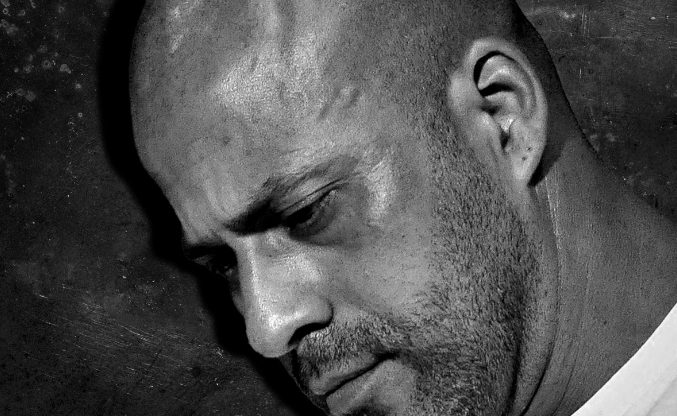By João Pedro Magalhães
The Federal Supreme Court (STF) resumes next Wednesday (10) the trial that will define the annulment of the presidential grace granted to former congressman Daniel Silveira (PTB).
The Court has already formed a majority for the annulment, but the Court must proclaim the result.
Justices Gilmar Mendes and Luiz Fux have not yet voted.

All the other Justices, except for Marques and Mendonça, voted to annul the grace on the grounds that it was an “attack” on the Judiciary.
The Prosecutor General of the Republic, Augusto Aras, also voted against the STF’s annulment because he believes it is not the Supreme Court’s place to restrict the exclusive competence of the President of the Republic.
Although the grace was granted to the former congressman one day after his conviction, Daniel Silveira has been imprisoned in Rio de Janeiro since February.
Justice Alexandre de Moraes determined his imprisonment, and if the grace is annulled, his preventive detention will be permanent.
Silveira will serve the remainder of his eight years and nine months sentence in a closed initial regime.
The annulment of the grace is seen as problematic by many experts, including critics of former president Jair Bolsonaro.
This is the case of Luís Alexandre Rassi, a criminal law specialist, who, despite not agreeing with the pardon, considers it “absurd” to question the legal decree, which is “the exclusive prerogative of the President, one day after the conviction,” he said.
“But it was something legal that he could have done, within the president’s prerogative.”
“I don’t think the decision is correct. Grace is an individual thing; there is no room for discussion.”
The Supreme Court Justices, however, understand otherwise, as they felt “attacked” by the act of the former President and, to only reaffirm its authority and reverse any action that contradicts its decisions, the STF used the following arguments to annul the grace granted to the former congressman:
Justice Rosa Weber, the rapporteur of the trial, considers the grace “absolutely disconnected from the public interest.”
“The truth is that the end sought with the edition of the pardon decree was to benefit a political ally of the 1st hour, legitimately criminally convicted by this STF,” said the Justice in her vote that lasted more than three hours.
“Such a procedure, in reality, reveals an authoritarian and non-compliant side of the Federal Constitution.”
According to the Justice, the grace granted according to the Constitution was an authoritarian act.
Still, the annulment of the grace – not provided for in the Constitution and is not the competence of the STF – is legitimate, democratic, and the competence of the supreme ministers who uphold the Law.
Justice Alexandre de Moraes considers the act a clear “frontal attack on the Judiciary as a State Power.”
Justice Barroso declared that Bolsonaro affronted the Court and stated that the Supreme Court has control of the Constitution and laws.
“In an unusual way, the president edited the pardon decree the day after the Supreme Court decision.”
‘In a Democratic State of Law, the Supreme Court is the one who says what the Constitution and the laws will reach,” said the magistrate.¹
Justices Edson Fachin, Dias Toffoli, and Cármen Lúcia have the same understanding.
Next Wednesday (10), the two remaining ministers will give their votes, and the decision will be published.
¹ Excerpt taken from the excellent article by Luís Batistela, whose work I admire immensely.

